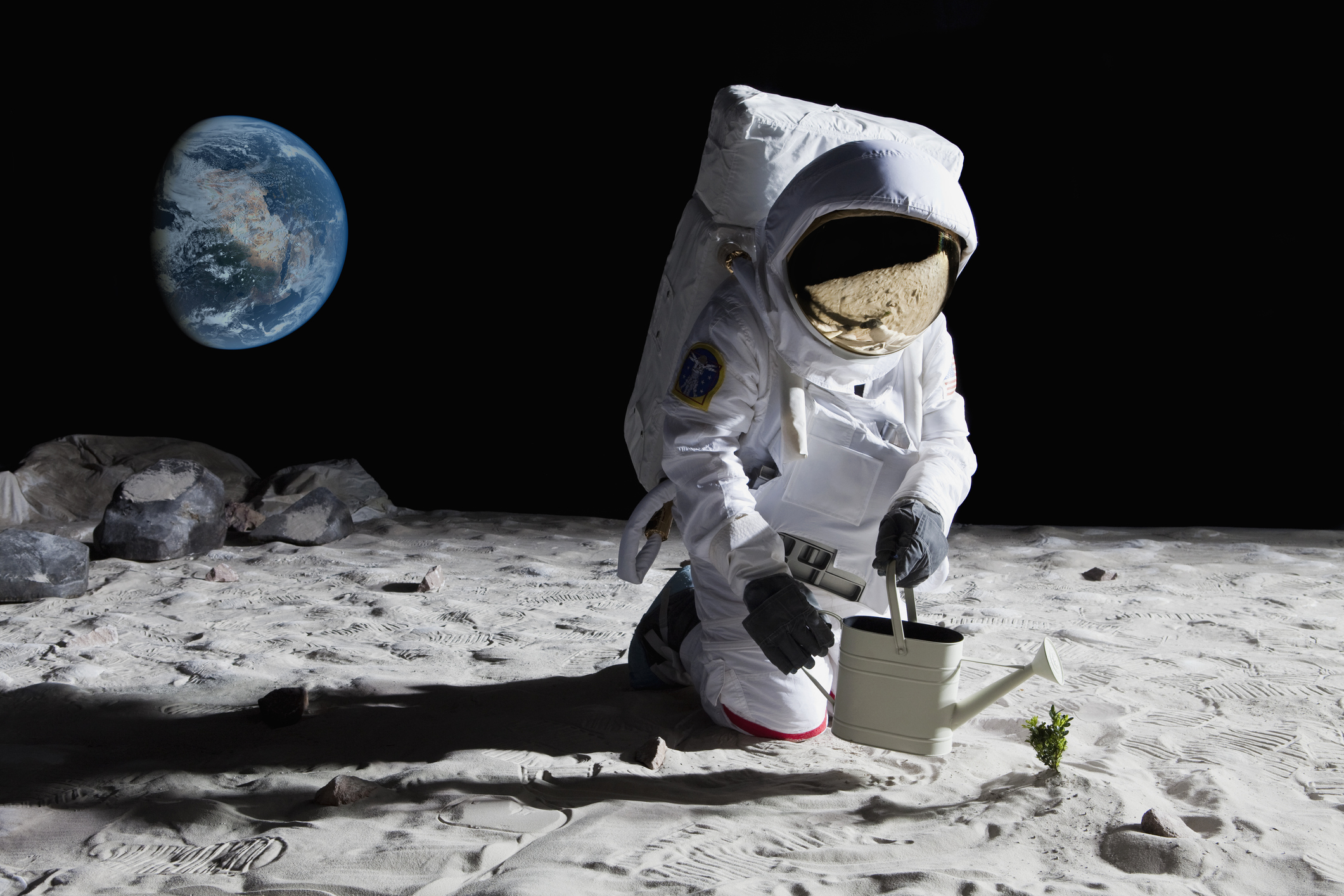Tea thrives in lunar soil, scientists find

The next revolution in beverages might be out of this world — literally.
Researchers at the University of Kent have shown that it is possible to grow tea in lunar soil, a discovery that could transform how future astronauts live and work in lunar and outer space environments.
The team partnered with U.K. tea plantation Dartmoor Tea, Lightcurve Films and Europlanet, a European network of planetary scientists, to conduct the experiment.
Led by Professors Nigel Mason and Sara Lopez-Gomollon, the researchers planted saplings in soils designed to mimic conditions on the moon and Mars. The plants were monitored for several weeks under controlled temperature, humidity, and lighting meant to simulate space environments.
The lunar and Martian samples were compared against a control group grown in Devonian soil, an ancient, clay-rich type from Devon, England. The tea plants in lunar soil flourished, performing on par with those in Devonian soil, while the Mars saplings failed to grow.
These findings were presented this week at Europe’s first Space Agriculture Workshop.
Beyond testing whether plants can survive in lunar conditions, the research offers insights into how crops respond to harsh climates — an increasingly urgent issue as climate change impacts agriculture. A recent study by Stanford University and the University of Illinois found that the Midwest is particularly at risk for crop-yield losses, even with modern farming adaptations. Farmers are already grappling with longer dry spells, heat waves, and erratic weather patterns.
Understanding how tea and other crops can grow in extreme environments could help scientists develop strategies for cultivating food in poor soil and challenging climates, both on Earth and beyond.
Read more
about this topic

